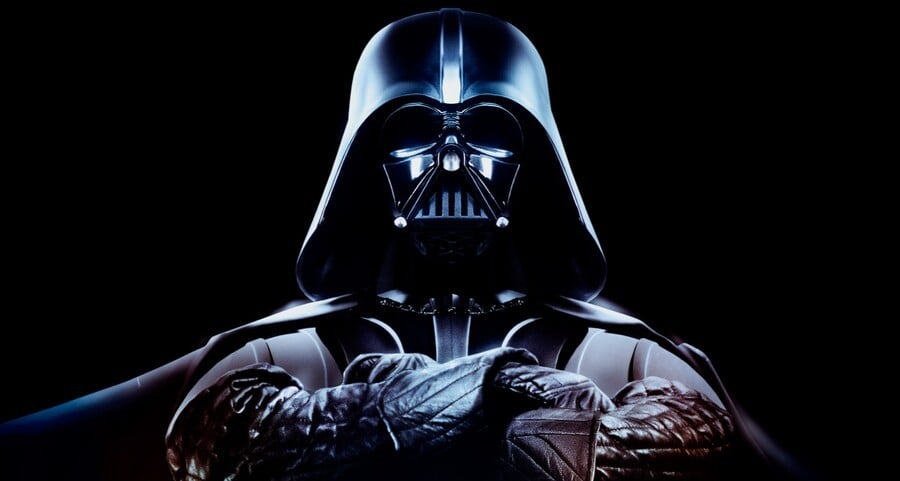
Editor's note: We're republishing this piece In honour of Star Wars day – may the Force be with you!
Sega may be one of the video game industry's most beloved and influential contributors, but it's also been a bit of a prolific patent troll over the years. Many of Sega's early efforts were truly groundbreaking - not just in technical terms, but in the gameplay they delivered - and the firm has been pretty aggressive when it comes to "defending" the ideas it feels it has created.
In 2012, Sega was involved in a lawsuit against Level 5 regarding touch-screen functionality, but this is a long way from being the first time legal action has been taken. Back in 1992, Sega filed a patent relating to its arcade driving title Virtua Racing. The patent covered a feature which is commonplace in games today - "viewpoint change". In the game, the player could punch a button on the cabinet to switch perspective - so one view would be behind the car, while another was inside the cockpit. To modern gamers, this sounds like a pretty universal mechanic and something that has been seen in countless games since.
Astonishingly, Sega's patent request was granted and the company was apparently successful in taking out injunctions on certain Nintendo titles. Nintendo - along with Sony - counter-argued that the patent was invalid, and it was a Star Wars game from 1991 which would prove instrumental in Sega losing this particular battle.
Star Wars: Attack on the Death Star was a Sharp X68000 title which used wireframe graphics and was heavily inspired by Atari's 1983 arcade version. It was developed by M.N.M Software - later known as Mindware - and was spearheaded by Mikito Ichikawa.
While Sega made a deal with Atari games that allowed the latter to use viewpoint change in its Atari Jaguar games, other companies were not willing to pay for what they felt was an unfair patent, citing Attack on the Death Star as prior art. Around 1997, these companies - including Nintendo and Sony - decided to band together and take legal action challenging the validity of the patent.
Speaking to video game journalist and Time Extension contributor John Szczepaniak for his Untold History of Japanese Game Developers book series, Ichikawa explains how his humble Star Wars game played its part:
My company released a game called Star Wars: Attack on the Death Star, and this was the first game in Japan to include a viewpoint change feature. Sega acquired a patent on viewpoint change, but it was invalidated in a dispute filed by Nintendo and Sony. Sega was originally granted the patent, and they used it to issue injunctions against the sale of certain Nintendo games. But Nintendo counter-argued that Sega's patent was invalid. My company's game was the first instance of the technology, so I cooperated with Nintendo, and testified that the Sega patent was bogus.
The patent was revoked because Ichikawa testified in court that he had shown the game to Sega before the release of Virtua Racing. However, despite his invaluable input, he received little thanks from the companies he had helped by appearing in court:
I never received any compensation from Nintendo, nor any apologies from Sega. Had I not cooperated, Sega could have successfully prevented Nintendo from releasing some of their games, and written their own version of videogame history. When this is how originality is treated, how are original games supposed to get made? The Japanese industry is not producing original games anymore, and the rest of the world is laughing at us. It's because of situations like this happening in the background.
Ichikawa also reveals that Attack on the Death Star wasn't technically the first game he developed to feature the viewpoint change idea - that was a billiards game called Magical Shot:
I didn't think it a patentable idea. For example, sports broadcasts usually show different viewpoints, right? Like during replays. If I were the person who originally introduced viewpoint change in sports replays and TV broadcasts, I might have filed for a patent, but I wasn't the first person to come up with the idea. If everybody starts patenting everything, the world will be much more difficult to live in.
As we've stated a few times previously, Szczepaniak's books are absolutely essential reading for anyone interested in the history of the Japanese games industry and can be ordered here.
